Cost to dispose garbage jumps by 10 per cent
In less than one year the fee for disposing of garbage at the regional transfer station has risen by 20 per cent, citing increasing operational costs.
A jump of 10 per cent on the tipping fees collected at the Grohman Narrows transfer station will come into effect in 2024 — with a previous 10 per cent rise in March — after the Regional District of Central Kootenay (RDCK) board of directors approved the price hike at its regular board meeting in December.
Through the amended Resource Recovery Facilities Regulatory Bylaw, the changes to the bylaw include a 10 per cent price increase in tipping fees at all RDCK landfills and transfer stations.
The increased cost was “due to the significant increase in operating costs (fuel, labour, insurance and supplies) experienced over the past year,” a press release from the RDCK noted, “and more stringent regulatory requirements, and increased borrowing repayment costs.”
In March, the RDCK board cited the same reasons and hiked the rates the same 10 per cent, for a total of a 20 per cent increase in less than one year.
The increase will also help build reserves required for major capital projects planned over the next 10 years.
A tipping fee — sometimes known as a gate fee — is a fee paid by anyone who disposes waste in a landfill or transfer station and is based on the weight of waste per ton. The RDCK operates “user pay” facilities, meaning those who generate waste pay for its disposal.
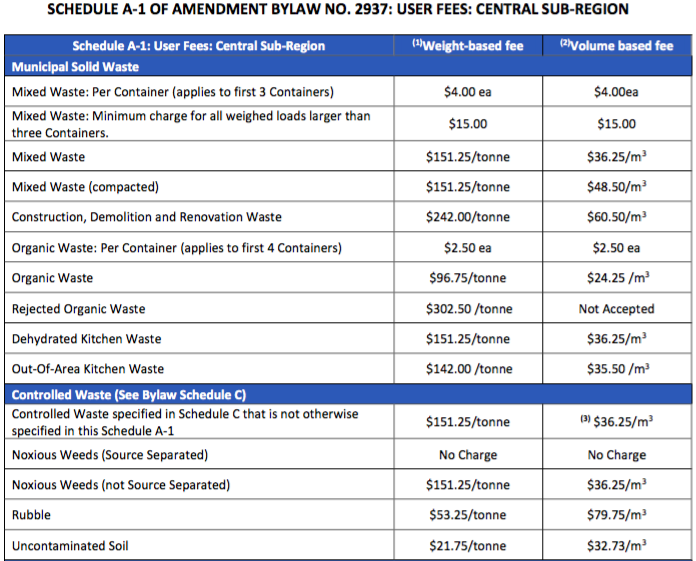
Amending
In March, the amended bylaw provided new definitions and regulatory modifications to improve operational efficiencies.
The amendment was intended to help to clarify the acceptance of certain materials, including tires, uncontaminated soils and drywall as mixed waste.
“Tipping fees should cover 100 per cent of the costs to manage the waste in a sustainable user pay system. Recently, funds collected through tipping fees have not fully covering operating costs, and the shortfall is made up through taxation, which impacts everyone regardless of individual waste generated,” an RDCK staff report at the time noted.
In addition, cost increases were expected to go to reserve funds required to minimize borrowing costs and fund a number of long-term projects such as landfill upgrades and closure costs, and infrastructure replacement.
Source: The Nelson Daily, March, 2023


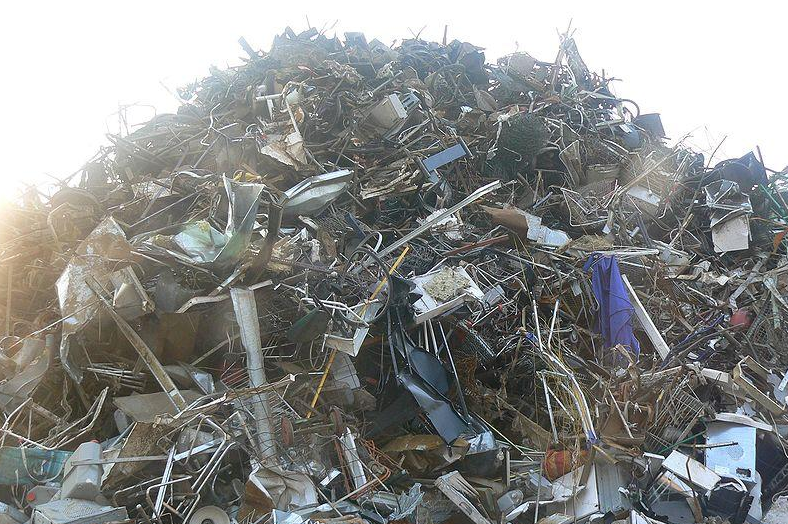











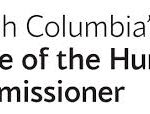




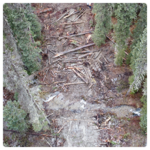
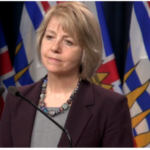





Comments